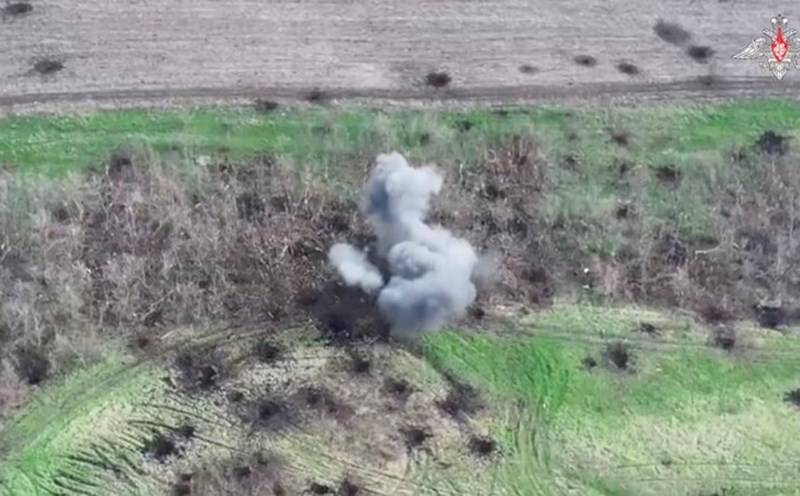On July 25, Russia launched a Soyuz rocket carrying Iran's Nahid-2 satellite into orbit from Vostochny Cosmodromat, Russia's Far East region. According to the Roscosmos space agency, the launch was broadcast live and within the framework of a commercial contract with the Iranian Space Agency.
The Nahid-2 satellite, developed by the Iranian Space Research Center, is designed to operate in low-altitude Earth orbit. According to Iranian state media, the device is expected to contribute to Tehran's ambition to expand space capabilities.
Along with Iran's satellites, the Soyuz missile carries more than 20 other devices, including 2 Russian science satellites and 18 small commercial satellites. The launch is part of a series of space cooperation between Russia and Iran. Previously, the two countries have coordinated in satellite launch programs for Earth observation and communication satellites.
In January, Moscow and Tehran signed a comprehensive strategic partnership agreement lasting 20 years, including cooperation in civil space programs, as well as energy, science and technology.
Russia has long provided satellite launch services to many countries via the Soyuz spacecraft. Last November, the country set a record by launching 53 satellites from Vostochny airport, including equipment from Iran, Zimbabwe and a satellite in cooperation between Russia and China.









